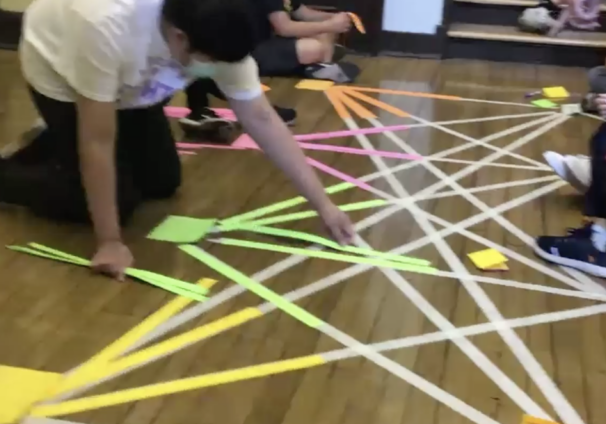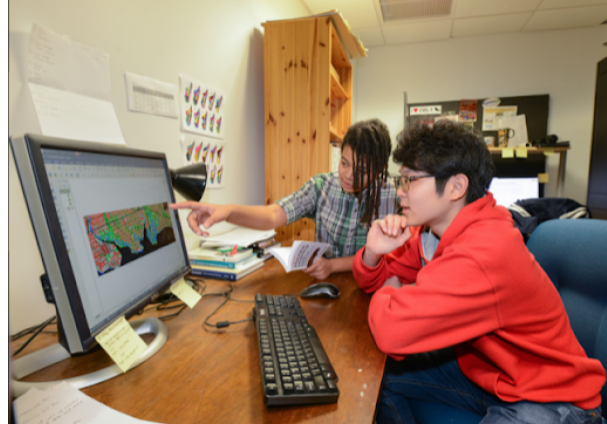MIT STEP Lab partners with New Mexico State University to study youth’s understanding of decision trees and neural networks.
All Projects
STEP and TEA explore the playful side of the learning process. Our research-driven design results in games, tools, and curricula that support playful, exploratory learning. This includes active and archived projects.
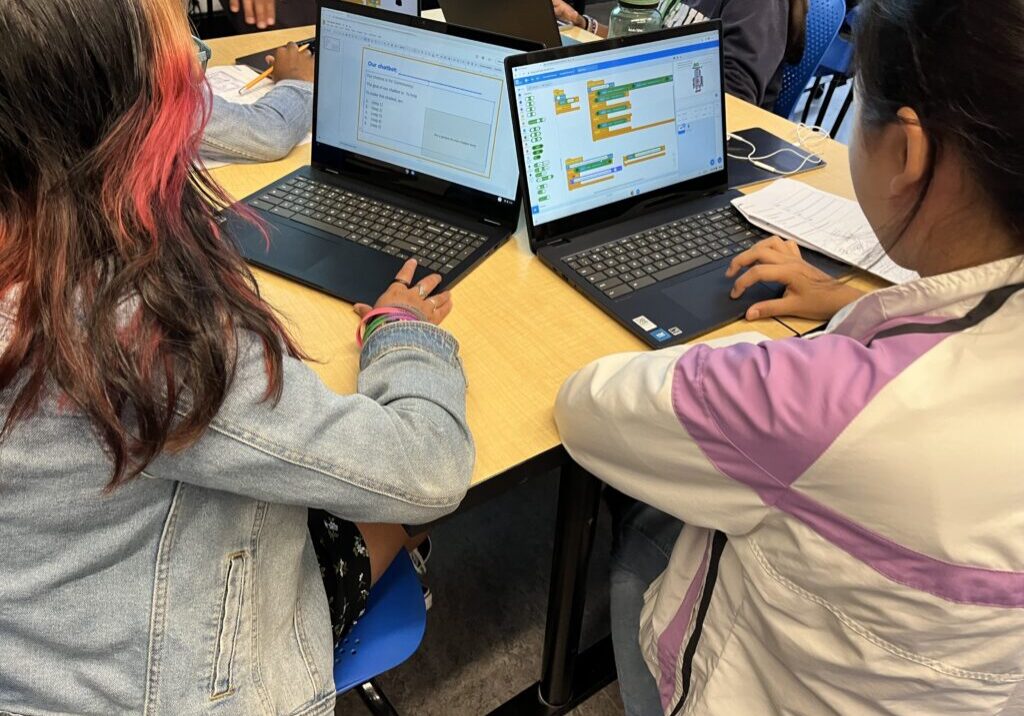
Collaborative AI for Learning (CAIL)
Researching and Designing AI Integration tools for Group- and Inquiry-based Learning
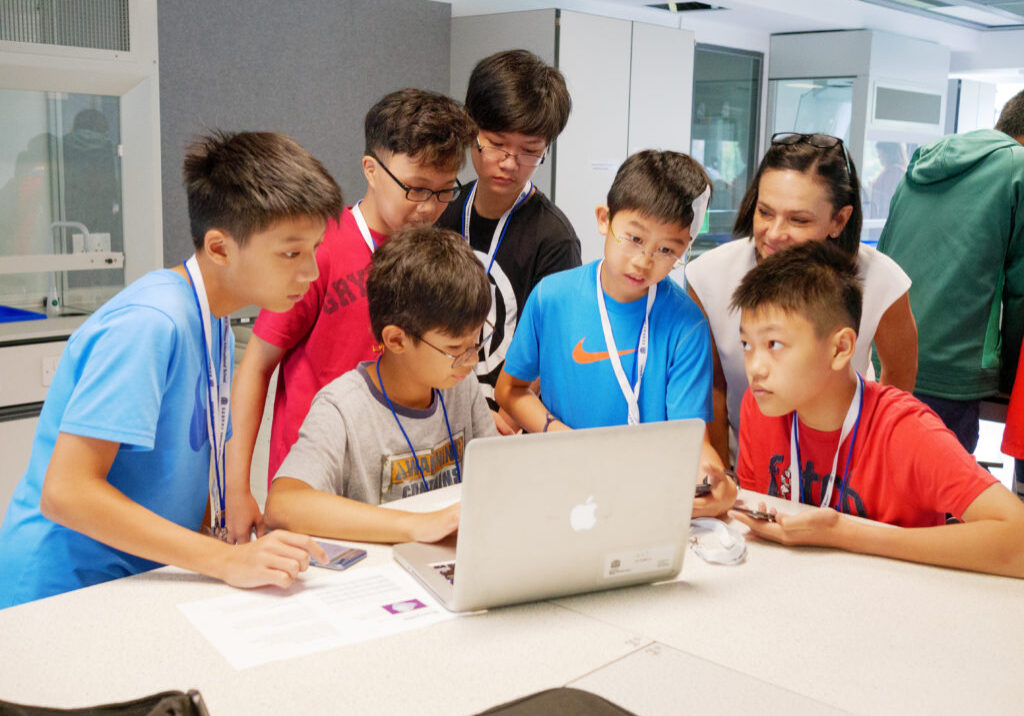
DC-Models
This project is an RPP with the DC school district to integrate computational modeling into their high school science courses, build capacity and train teachers to teach these units, and do research on longitudinal impact on students
(Collaborative project with DCPS and Salem State University)
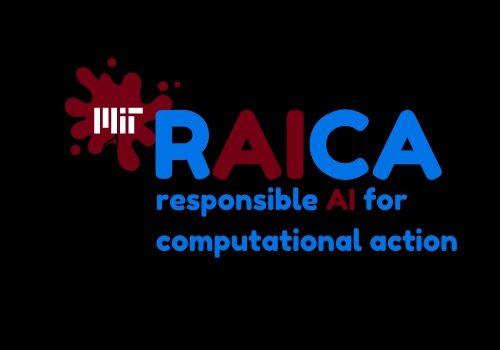
RAICA-Responsible AI for Computational Action
The STEP Lab is collaborating with MIT RAISE to design the Responsible AI for Computational Action (RAICA) curriculum. Responsible AI for Computational Action curriculum is project-based learning modules that prepare middle school students to be informed consumers and ethical producers of artificial intelligence (AI). At its core, the curriculum aims to be socially impactful, empowering, creative, and inclusive for students and teachers, with learning objectives that focus on increasing students’ capacity and develop their ability to use artificial intelligence, design thinking, ethical frameworks, and computational thinking to design thoughtful solutions to real problems.
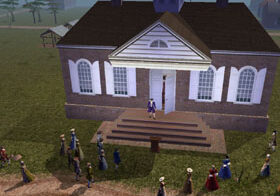
Revolution
Revolution is the Education Arcade’s multi-player, American Revolution-themed role-playing game based on historical events in the town of colonial Williamsburg. Set in 1775, on the eve of violent revolt in the colony of Virginia, the game gives students an opportunity to experience the daily social, economic, and political lives of the town’s inhabitants.
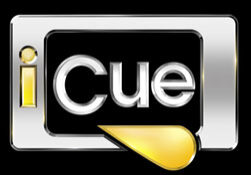
iCue
The More We Know, a book by Eric Klopfer and Jason Haas, describes the rise and fall of iCue, a new media experience designed to support high school social sciences teaching and learning.
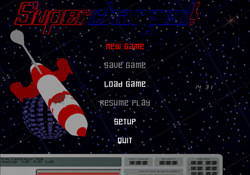
Supercharged!
This game places students in a three dimensional environment where they must navigate a spaceship by controlling the electric charge of the ship, placing charged particles around the space.
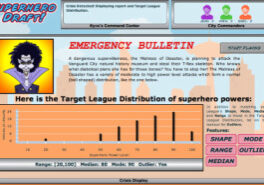
Kids Survey Network
In 2008, Education Arcade was awarded a sub-contract under TERC, Inc., with NSF funding, to develop three multi-player flash games and a series of video tutorials that teaches basic survey-making skills, concepts, and vocabulary to middle school age adolescents.
